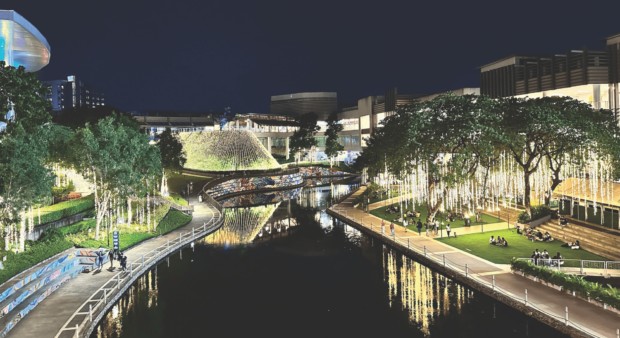We hear and read a lot about abuse against women. A few days ago, however, I had an enlightening talk with antidomestic abuse advocate Emiliano “Nano” Manahan, who’s writing a book on the rarely discussed topic of abuse suffered by men at the hands of their spouses.
Nano says the incidence of male abuse is on the rise, affecting 12 to 15 out of every 100 couples in the country.
The problem is that the majority of men, who are victims of domestic abuse, don’t even see themselves as victims. They find it difficult to recognize abuse in their relationship, in contrast to women who have a high index of awareness for domestic abuse committed against them or their children.
Of course, the macho ego also kicks in, preventing the men from admitting abuse. They just keep it to themselves.
‘Takusa’
Worse, the problem of male domestic abuse—which may not necessarily be physical, but can also be emotional, sexual or financial—has been trivialized and made the subject of jokes. These poor men are referred to as “under the saya (skirt),” “takusa”—short for “takot sa asawa” (afraid of wife), or suffering from “asthma” because they have to ask permission from their wife (“asma” or ask my wife) for everything they want to do, or every time they want to go out with the boys.
In his book preface, Nano quotes professor David Lisak, an American clinical psychologist at the University of Massachusetts, who lamented that the traditional cultural myth has always pictured men as the perpetrators of abuse and women as the victims.
“The myth is extremely damaging to the millions of male victims of sexual and physical abuse who live unacknowledged by our society,” wrote Lisak.
Nano explains that the shame and guilt attached to male abuse are the reasons it is usually ignored.
“But times might have changed a bit now, who knows?” Nano says. “And through the passage of time, the way society has been looking at the abused men issue might have evolved as well.”
Nano cites an Inquirer report, “Davao’s battered husbands suffer in silence,” April 18, 2012: “In the Philippines, battered husbands exist, but just like all the other battered males in other parts of the world, these men keep mum about their situations for fear of social stigma and apprehension that the law will not take their side.”
Genuine gender equality
In his book, Nano tackles gender equality issues and cites laws pertaining to abuses of persons. He explains that the search for genuine gender equality, which is at the center of human rights issues, should convince everyone to discuss and address the reality that “there are men in relationships who are also victims of domestic violence, thus, they equally need attention and help.”
We have laws protecting women and children against domestic violence, who are considered the more vulnerable members of the family. Nano laments that these laws do not cover “domestic violence committed against man/male partner by an abusive party.”
However, he considers these existing laws, particularly the Domestic Violence Against Women and Children (VAWC) Act, as a major reference and framework for any new law that can also protect the men.
Some may argue that domestic violence against men are isolated cases, based on official reports. The reports may be sparse, which means that cases are not reported adequately because the male victims are reluctant to report them, given the cultural norms and male ego.
However, we cannot sweep this issue under the rug. Perhaps even the abusive female spouses might not be aware that they’re “battering” their spouses or partners.
It’s like the problem of mental health, for which we have just enacted an empowering law to support the people with such problems. Society is fearful that people with mental health problems are called lunatics or insane.
I support Nano’s advocacy that we should bring the problem of male abuse out in the open as a serious issue. Men who are victims of domestic abuse should muster the courage to speak up and seek help.
There may be truth to what some say that actually, males are the weaker sex.
E-mail [email protected]; call 09985758365.













































